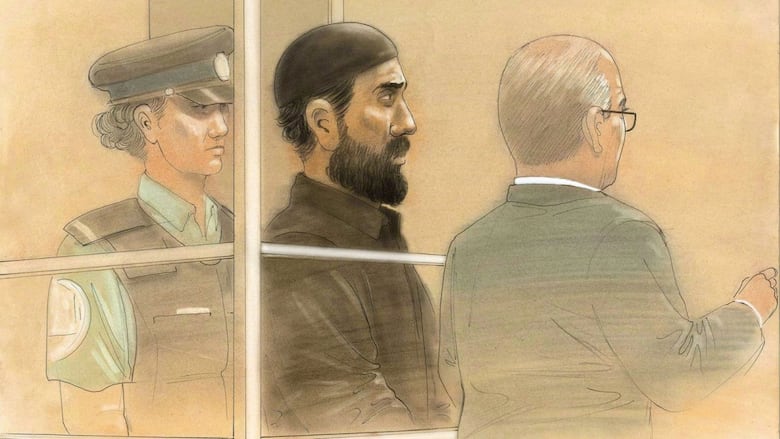Supreme Court won't hear appeal application arising from Via Rail terror case
The Supreme Court did not provide a reason for its decision, which is its usual practice

The Supreme Court of Canada will not hear the appeal of Raed Jaser, who was convicted of planning to commit murder for the benefit of a terrorist group.
It's the latest development in a legal saga that began 12 years ago with charges against Jaser and Chiheb Esseghaier for plotting attacks, including the planned sabotage of a Via Rail passenger train.
The Crown alleged that Jaser and Esseghaier had agreed to kill Canadian citizens to force Canada to remove its military from Afghanistan.
The Crown's evidence consisted mainly of intercepted communications and the testimony of an undercover U.S. Federal Bureau of Investigation agent assigned to befriend Esseghaier.
A jury could not reach a verdict for Jaser concerning the rail plot charge, but found him guilty of three other terrorism-related offences.
The Supreme Court, following its usual practice, did not provide reasons for refusing to review Jaser's case.
